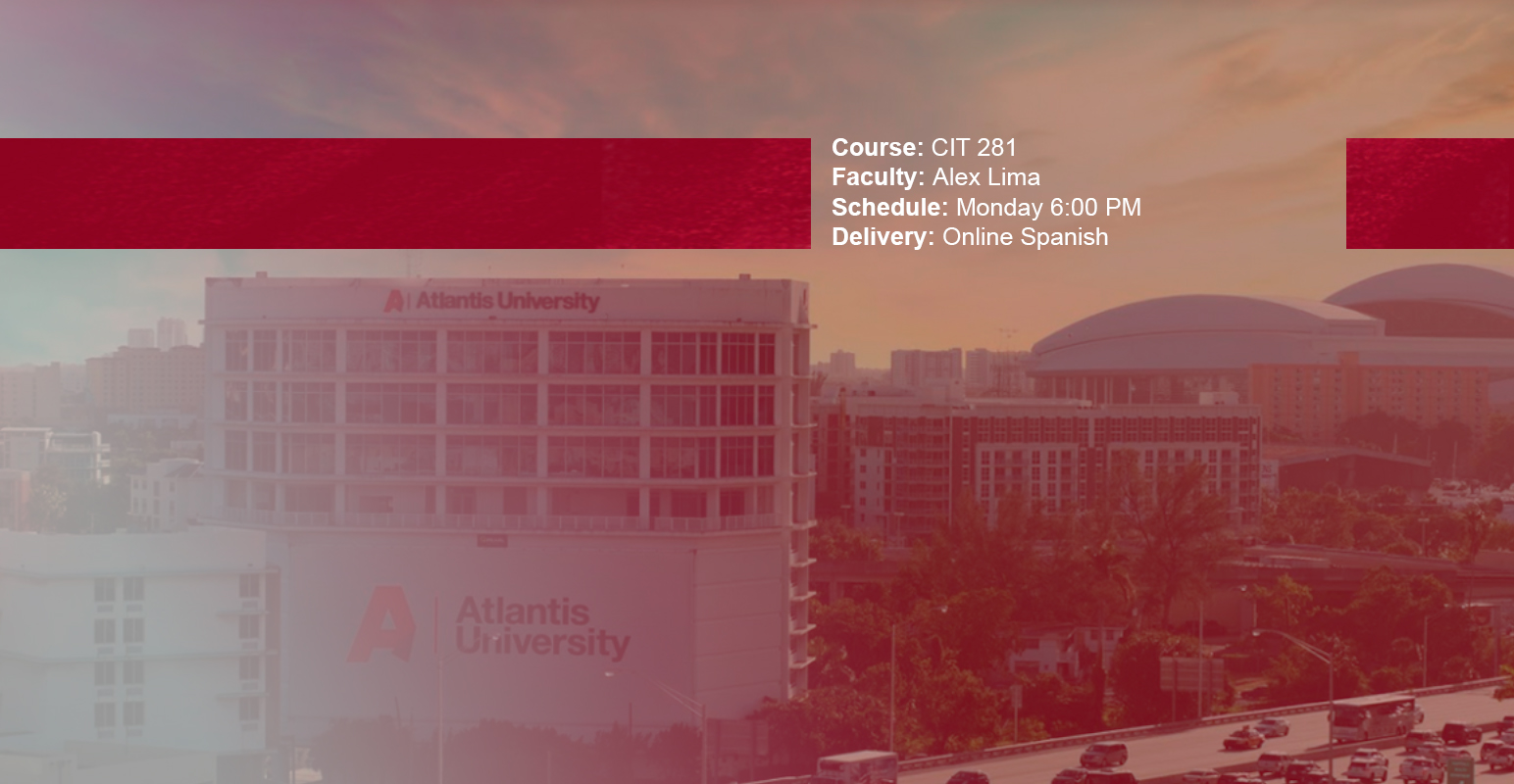
This course will dive into the heart of entrepreneurship by testing a business model through feasibility analysis, plan for growth and change in a new organization, the cost and process of raising capital, venture capital, and the IPO market.

The course will provide you with a general view of the natural world which will help to have the ability to look at the larger picture in live in any career.

This course
studies the ethical, legal, and social responsibilities of business,
particularly in the product, resource, and labor markets. Principles of moral
philosophy are applied to the analysis of corporate conduct and decision making
in the United States and elsewhere. Case studies and academic articles are used
in the discussion of social responsibility and the respect for human dignity in
organizations driven by the profit motive and competition.

College Composition I is a comprehensive course designed to enhance and develop students' skills to think, organize and express their ideas clearly and effectively in writing. In this class, students will learn many proven strategies for creating greater academic professional and personal success. The primary purpose of this subject is to offer a global introduction to the postulates of structured writing with an emphasis on having a clear introductory focus, solid support, an excellently stated thesis, a clear purpose, audience and coherent organization. It spotlights on the various forms of expository writing such as Comparison, Cause and Effect, and Argumentation. Students will learn to express themselves more efficiently in writing.
